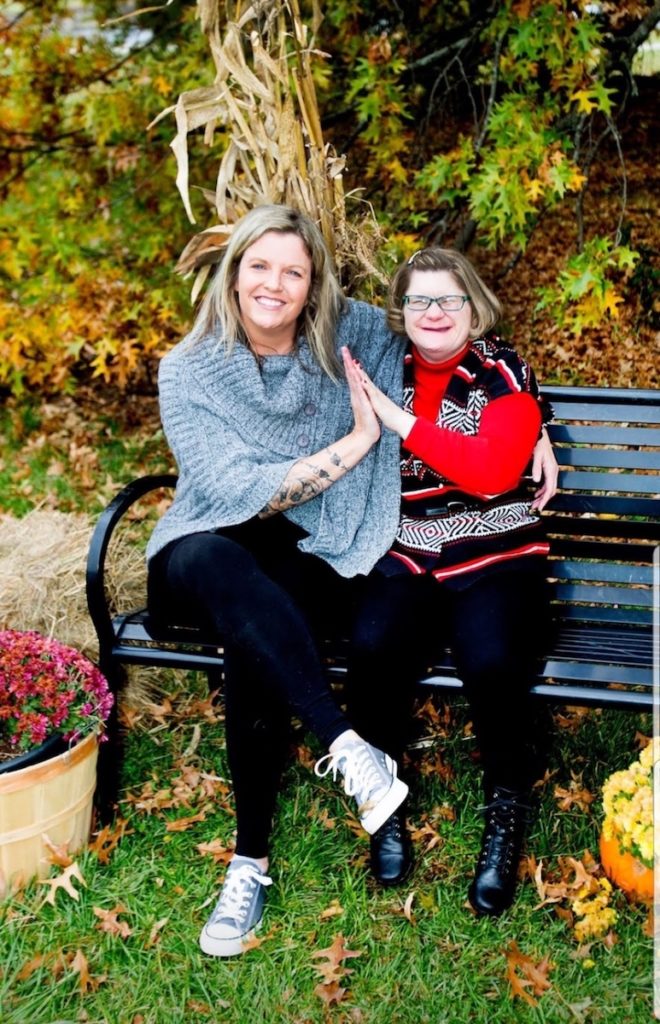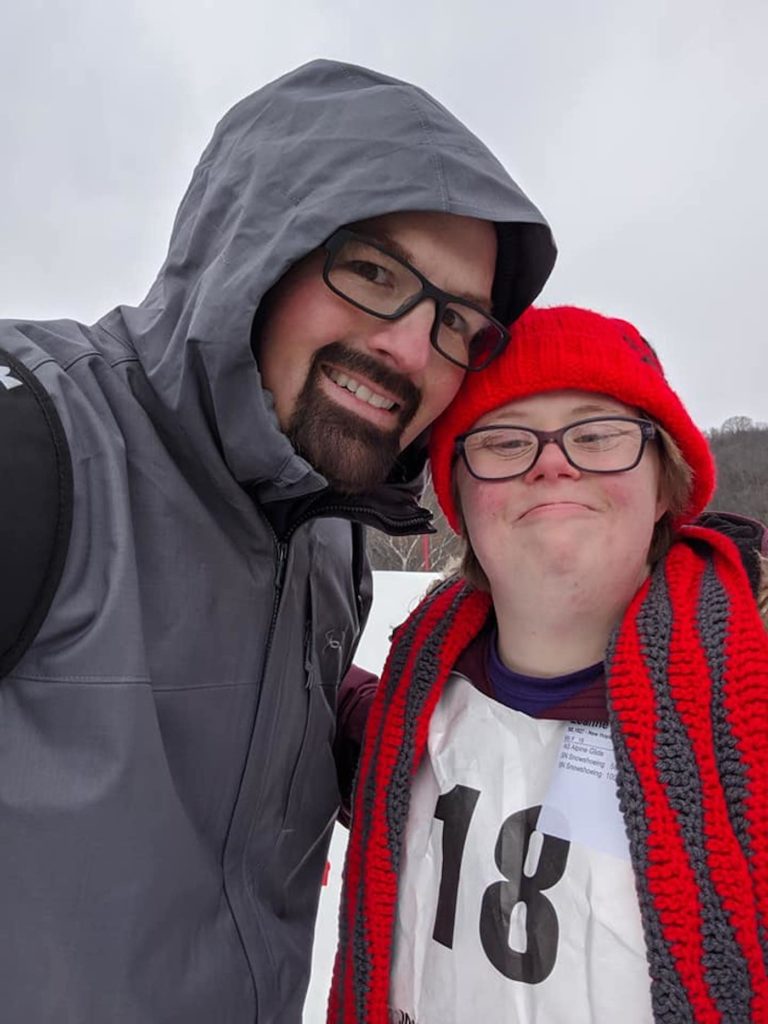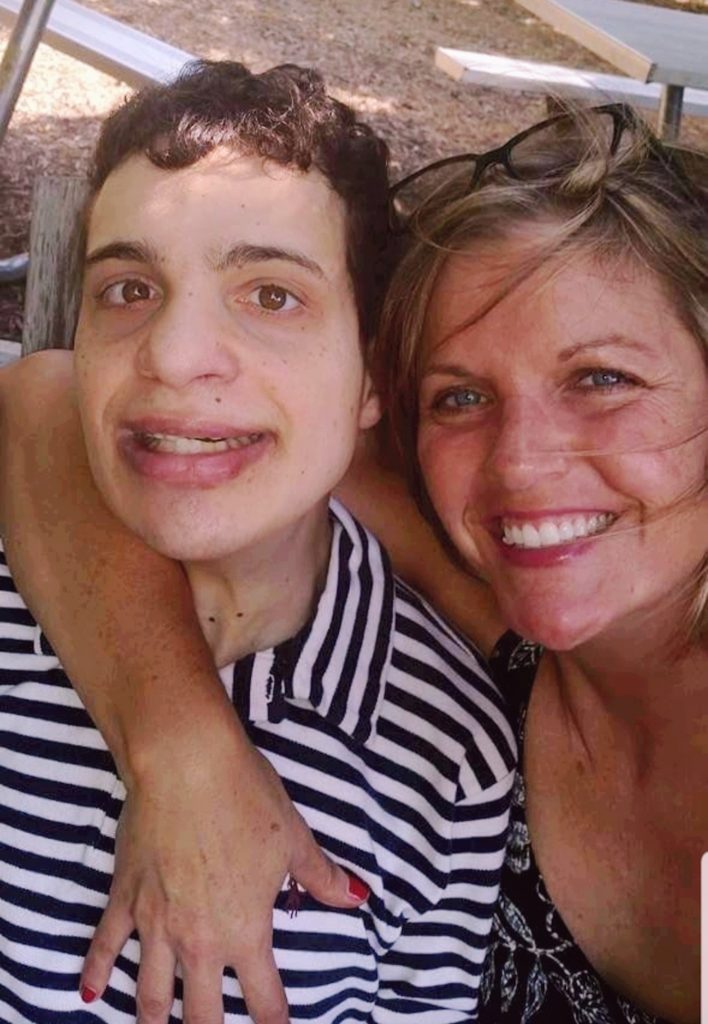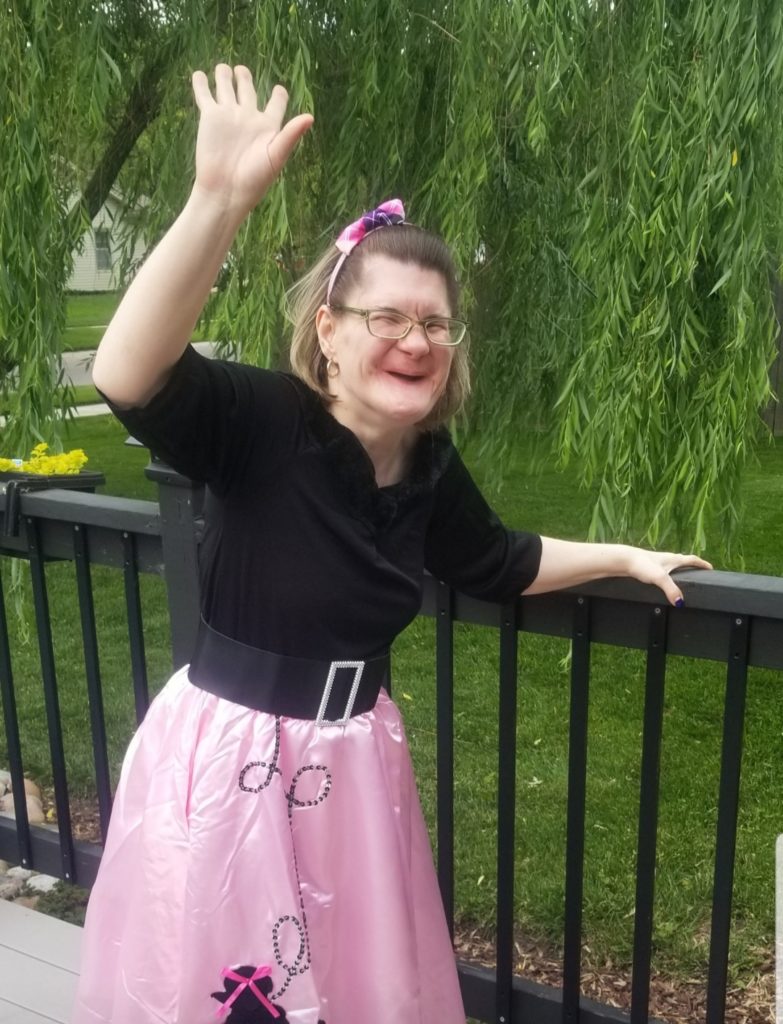About the Kansas Guardianship Program
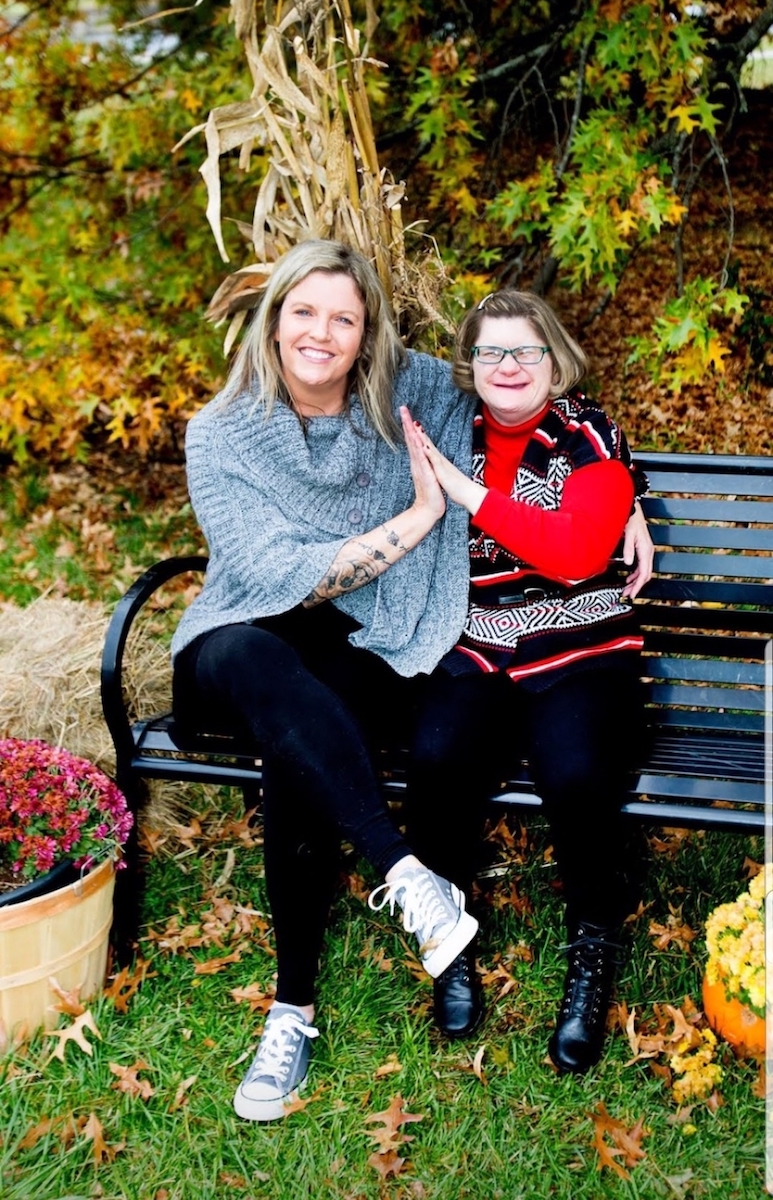

About the Kansas Guardianship Program
The Kansas Guardianship Program’s goal is to protect the rights of persons with disabilities and to encourage respect for the rights and dignity of all Kansans.
What is the Kansas Guardianship Program?
The goal of the Kansas Guardianship Program (KGP) is to ensure that qualified, caring, and trained persons are available throughout the State to serve as court-appointed guardians or conservators. They will serve program-eligible persons in need of this level of protection and advocacy who do not have family members willing or able to assume such responsibilities.
We recruit individuals willing to take on the responsibility of advocating for and protecting the rights of the most vulnerable and at-risk among us. While it is a weighty responsibility, it is a rewarding one.
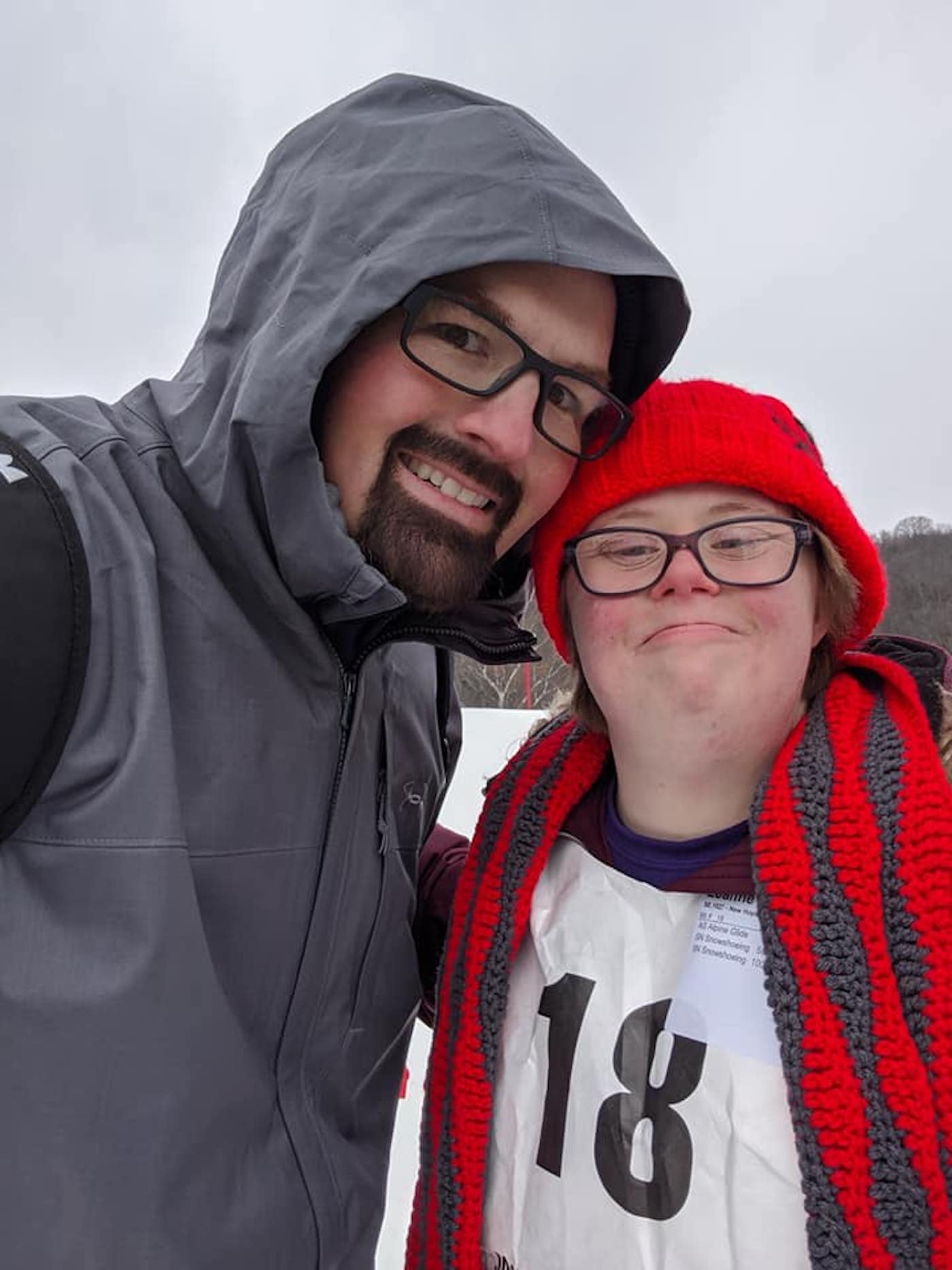
What is a Guardian or Conservator?
Guardians and conservators provide a check and balance on the human services system. Through their legal authority, advocates have access to group homes, nursing facilities, public institutions, or residences of the person receiving support and services.
Their advocacy and protective efforts frequently extend to a roommate or another resident. A guardian’s very presence can afford a sense of safety, protection, and security.
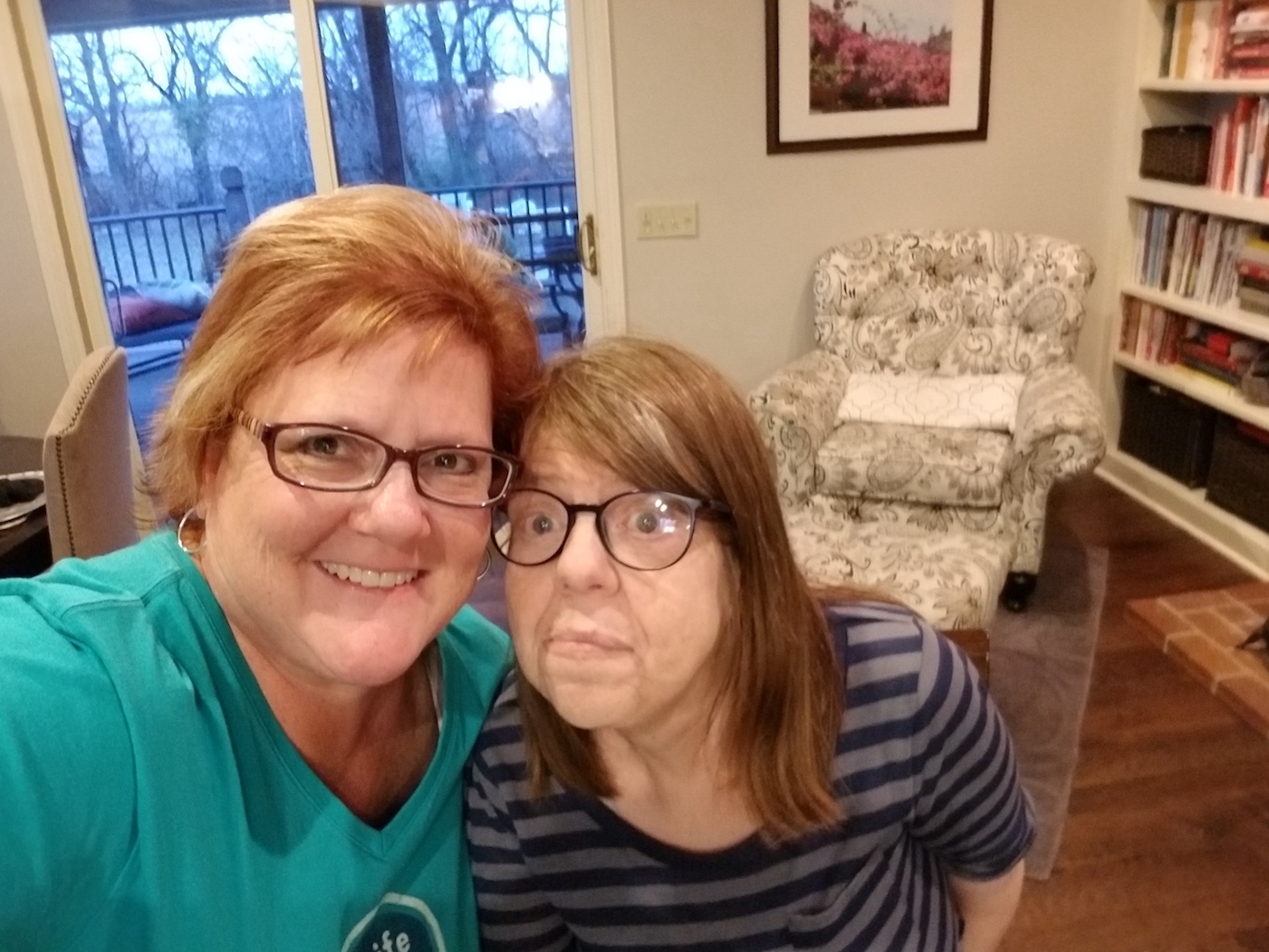
Kansas Guardianship Program Mission Statement
Agencies we work with in this process include Adult Protective Services, Department for Children and Families (DCF), and Kansas Department for Aging and Disability Services (KDADS).

KGP Program Philosophy
The KGP strives to advocate and protect the rights of individuals adjudicated in need of a guardian or conservator in ways that recognize the interdependence of all individuals and encourage respect for the rights and dignity of all Kansans.
We maintain that if a guardianship or conservatorship is imposed the individual should be assured the benefit of positive efforts by a KGP volunteer appointed as guardian or conservator.
Legal Guardianship for Adults
Kansas Guardianship Program Model
The KGP celebrated 40 years of volunteer service in 2019. This model involves a collaborative working relationship with the Department of Children and Families (DCF) and the Kansas Department for Aging and Disability Services (KDADS).
Persons served by the KGP are identified by DCF Adult Protective Services and State hospital social workers.
Social workers make formal requests to the KGP for an approved volunteer who may be nominated to the court for appointment as guardian or conservator. Individuals must meet program eligibility criteria. Referrals to the KGP are considered after all other less restrictive alternatives have been exhausted.
The needs of the person are matched with the abilities and interests of the volunteer. DCF and KDADS legal services petition the court for the trial to determine the need for guardianship or conservatorship. The District Court determines the need for and level of guardianship or conservatorship services and makes the appointment of the guardian or conservator.
After a KGP volunteer is appointed as the guardian or conservator, the KGP contracts with the volunteer to provide a high level of advocacy and protection. We require a written monthly report of activities undertaken on behalf of the individual; provide a small monthly stipend to the volunteer to offset out-of-pocket expenses for services provided on behalf of the person(s); and provide ongoing training and support to the volunteer in order to enhance the quality of life of the persons they serve.
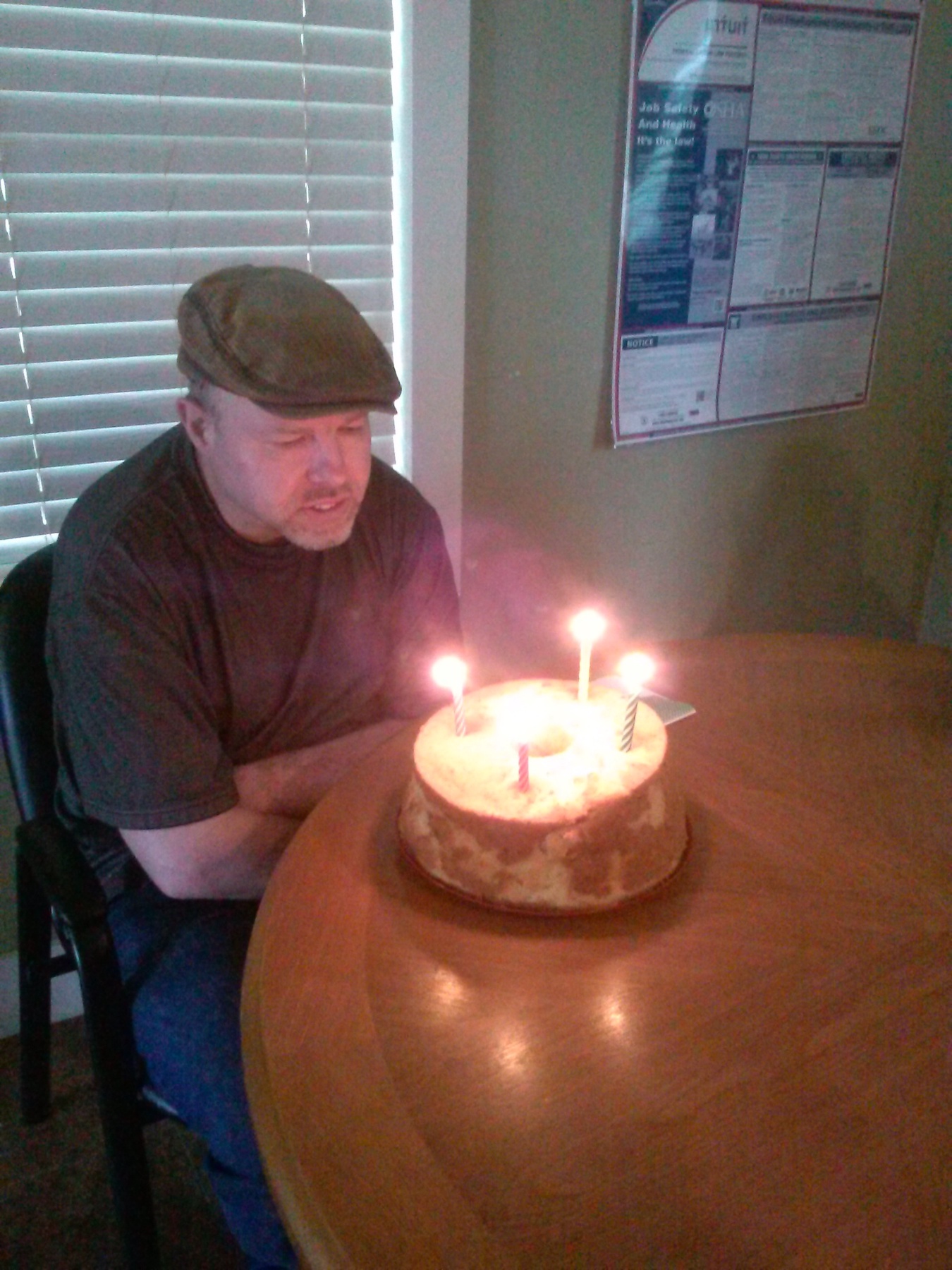
Stories of Service
How the Kansas Guardianship Program Makes a Difference
John is an individual for whom love of and loyalty to family is very important. He and his wife lived a life that many would consider difficult, but as long as contact with family was ongoing, John was content. He and his wife lived in the same apartment complex as their daughter, son-in-law and grandchild. Sharing of resources and food items amongst the family members occurred often because John’s beliefs included family always helps family, even if one-sided.
Several formal and informal supports were in place for both families and they maintained living in the community, but consistently on the margins.
John’s wife was the individual in the family circle that kept things in order. She became ill, moved to a long-term care facility, and subsequently died. John’s situation changed dramatically as a result of her death.
The nature of the sharing became exploitive and frequent with John suffering the consequences, but John continued to voice that family takes care of family. To his own detriment, John would provide his food, clothing, household items and money to his family members.
Over time, John’s health began to significantly decline and concerns were growing about his continued ability to live independently in the community.
John was adamant he would not go to a long-term care facility, as that was where his wife had died and options for other residential settings were not available in his home community. John consistently identified that living independently in the community was extremely important.
The guardian began the process of seeking a less restrictive setting other than long-term care, but one that would provide:
1. Greater medical oversight
2. Three meals per day
3. Daily care
Visits to several assisted living facilities proved unproductive as John’s situation worsened.
A Home Plus residence was identified in another community, and the guardian suggested John spend a day at the home. Uncertain of exactly where he was going, but fully trusting in his guardian, John packed a few items for the visit. Upon arrival, he immediately sat down with another gentleman living in the home and easily entered into conversation, chatting about the weather, KC Chiefs football and many other topics. The guardian left to purchase new clothing and a few other items in hopes John would want to stay through the evening.
When the guardian returned, John had his coat on and was ready to go back home. The guardian invited him to look at his new items.
When he realized he had a new electric razor and clock radio that were his and his alone, the coat came off and he was ready to stay, with a smile from ear to ear, inquiring of the menu for dinner. John now enjoys the comforts of daily conversation and companionship, warm meals, a clean home, outings, clothing and personal items not “shared” with family to never be returned—things taken for granted by the general population. Because of the advocacy and efforts of his guardian, John is afforded a life so very different from his previous life.
Seeking what will keep a person healthy, safe and in good spirits while balancing the person’s expressed wishes and desires is a weighty responsibility as guardian.
Kansas Guardianship Program Model
This model involves a collaborative working relationship with the Department of Children and Families (DCF) and the Kansas Department for Aging and Disability Services (KDADS).
Persons served by the KGP are identified by DCF Adult Protective Services and State hospital social workers.
Social workers make formal requests to the KGP for an approved volunteer who may be nominated to the court for appointment as guardian or conservator. Individuals must meet program eligibility criteria.
Referrals to the KGP are considered after all other less restrictive alternatives have been exhausted.
The needs of the person are matched with the abilities and interests of the volunteer. DCF and KDADS legal services petition the court for the trial to determine the need for guardianship or conservatorship. The District Court determines the need for and level of guardianship or conservatorship services and makes the appointment of the guardian or conservator.
After a KGP volunteer is appointed as the guardian or conservator, the KGP contracts with the volunteer to provide a high level of advocacy and protection. We require a written monthly report of activities undertaken on behalf of the individual; provide a small monthly stipend to the volunteer to offset out-of-pocket expenses for services provided on behalf of the person(s); and provide ongoing training and support to the volunteer in order to enhance the quality of life of the persons they serve.
